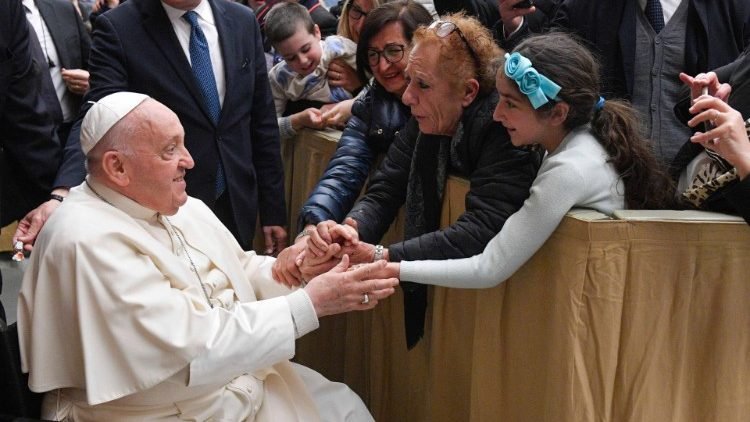Addressing the 14th session of the Open-Ended Working Group on Ageing at the United Nations headquarters in New York, the Holy See’s Permanent Observer encourages support for older persons and their active role in contributing to the good of society.
By Thaddeus Jones
The Vatican’s representative to the United Nations in New York has underscored the important contribution older people can offer to society as a whole, and not only to their own families. This reality needs to be recognized said Archbishop Gabriele Caccia, the Holy See’s Permanent Observer to the United Nations in New York, in his statement for the UN’s 14th session of the Open-Ended Working Group on Ageing taking place there from 20-24 May 2024.
Strengthening communities together
In his statement made on 20 May, Archbishop Caccia first looked at the challenges facing older persons in their ability to participate in community life whether in city or rural contexts. These factors include access to affordable housing for those with low incomes, proximity to groceries, health facilities, public services, and places of worship and spiritual care.
The Holy See representative encouraged careful consideration of how communities can better enhance infrastructure, transit, and housing projects that assist older persons in meeting their needs and interactions with others, especially with the younger generation. He added that, intergenerational housing projects offer an example of how families and informal caregivers can provide older persons with assistance in adapting their homes to meet their changing needs without the need to relocate.
Participation in public life
The concept of shared living bonds of belonging should guide efforts to promote participation in public life and decision-making processes, Archbishop Caccia suggested, which means taking the wider view rather than focusing strictly on individual political and civil rights.
For example, grandparents can share their own experiences and insights with their grandchildren, just one example of how older persons can contribute to their families and society as a whole, he added. On the other hand, isolation and lack of effective support can drive older persons to despair feeling they cannot contribute to society, he lamented, even to desperation and hastening an end to their lives, a symptom of the “throwaway culture” that deems older persons as no longer needed or disposable.
Compassionate accompaniment
What is needed is “compassionate accompaniment” where the equal dignity of all persons at every stage of human life until natural death is respected, Archbishop Caccia recommended. And “the Holy See encourages efforts that make each feel accompanied and cared for, even in the most delicate moments of his or her life.”
In conclusion, he encouraged meaningful steps to create truly inclusive societies where the presence and perspectives of older persons as cherished members of the human family are valued.



